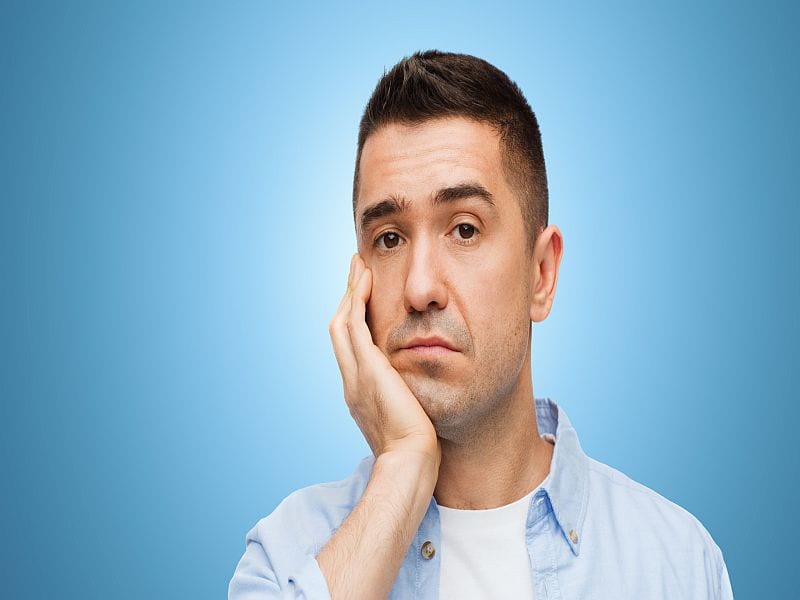THURSDAY, Nov. 1, 2018 (HealthDay News) — Social stigma may play a large role in the depression, anxiety and other mental health woes experienced by many people with autism, a small new study indicates.
British researchers found that 72 percent of the psychological distress reported in 111 adults with autism was linked to social stigma, including discrimination and rejection.
Many people with autism said they’re treated like no one thinks they’re smart or that no one will hire someone like them. This kind of stigma can take a toll on the psyche, the researchers said.
“We already suspected there would be a significant impact of discrimination on the mental health of the autistic population, it’s just that no one’s really studied the impact of that before,” said study author Monique Botha. She’s a doctoral student and post-graduate researcher at the University of Surrey, in England.
“The only thing we were surprised by was how potentially strong a relationship there was,” added Botha, who has autism. “To put it colloquially, it blew our minds.”
A disorder that can affect communication, social interaction and creative play, autism is diagnosed in about one in every 59 children in the United States, according to the U.S. Centers for Disease Control and Prevention. Symptoms can range from mild to severe and persist through adulthood.
Prior research has established that people with an autism spectrum disorder are more prone to anxiety, depression and suicide than the general population. They are also more likely to suffer physical, verbal and sexual abuse, and face workplace harassment and dismissal, according to study documents.
Botha and her colleagues conducted an online survey with adults who say they have autism. The researchers used the so-called “minority stress theory” to evaluate stressors believed to contribute to lower mental health in stigmatized minority groups, extending that category to those with autism.
The survey questions touched on six areas of stress, including: victimization and discrimination; “outness,” meaning how often those with autism disclose their condition to others; everyday discrimination; expectation of rejection; physical concealment of their condition; and internalized stigma.
The results indicated that social stress due to stigma also predicted lower levels of emotional, psychological and social well-being in people with autism, Botha said.
About 6 percent of people in the general population display high rates of psychological distress, compared to more than 50 percent of the study participants, Botha noted. Psychological distress is “a really good signifier for clinical depression and anxiety,” she added.
“When you actually sit down and talk to autistic people themselves, they say one of the hardest things … is how people respond to you and how they treat you,” Botha said. “We hope this study will help change the way we think about autism and mental health, and make us think long and hard about the way we treat autistic people in society.”
Eric Butter is director of the Child Development Center at Nationwide Children’s Hospital in Columbus, Ohio, which is part of the Autism Speaks Autism Treatment Network.
He said it makes sense that “people with autism can still experience discrimination and have areas in their life where they’re excluded … [which] can affect their mental health and well-being.”
Butter, who wasn’t involved in the new research, said he hopes future studies will be done to “better understand this finding.” He was skeptical about the study’s use of self-identified people with autism, saying a more rigorous diagnostic process would be optimal for research.
But “it’s really important to recognize that people with autism are people first. They are just as likely to experience being alienated, separated, lonely, and all the possible consequences of being inappropriately and unfortunately excluded from a social environment,” Butter said.
“When that happens, we should find a way of reacting that supports their social inclusion,” he added.
The study was published recently in the journal Society and Mental Health.
More information
The U.S. Centers for Disease Control and Prevention has more on autism.
Copyright © 2026 HealthDay. All rights reserved.

